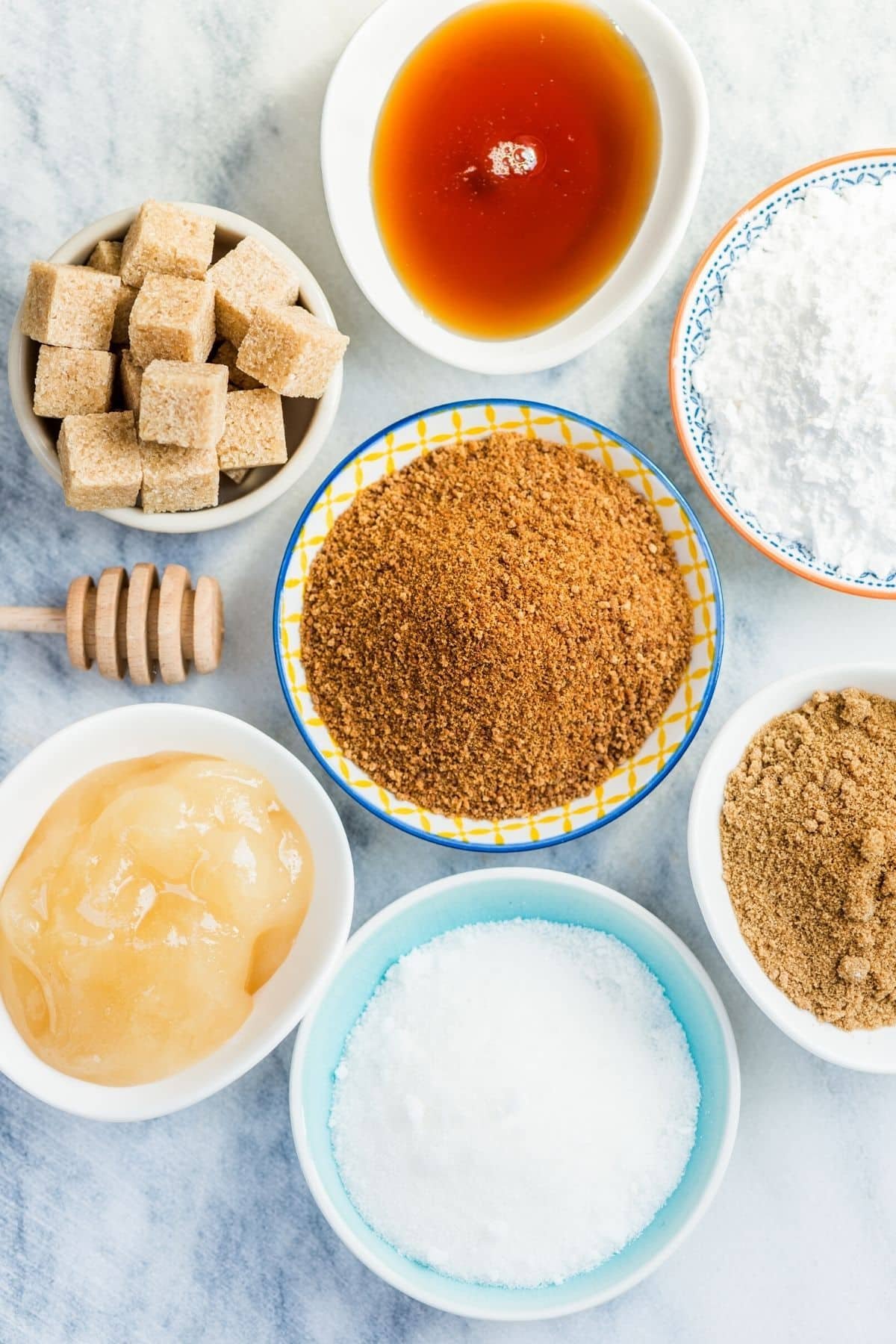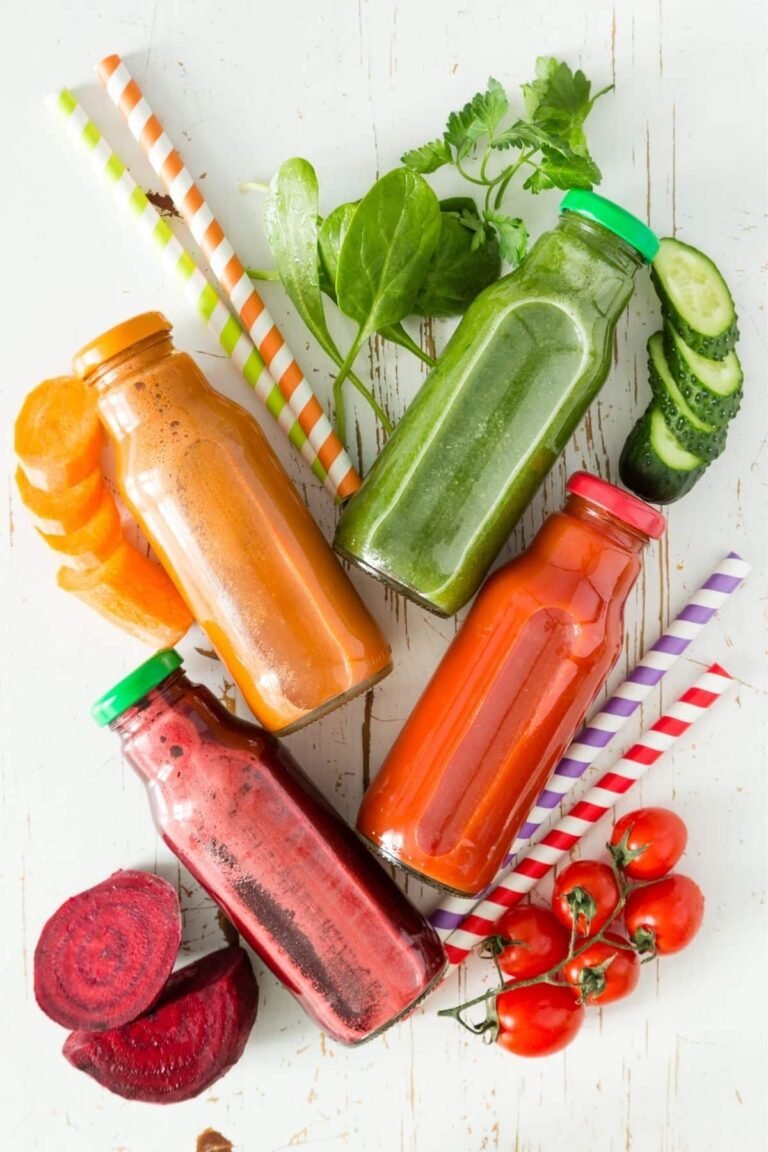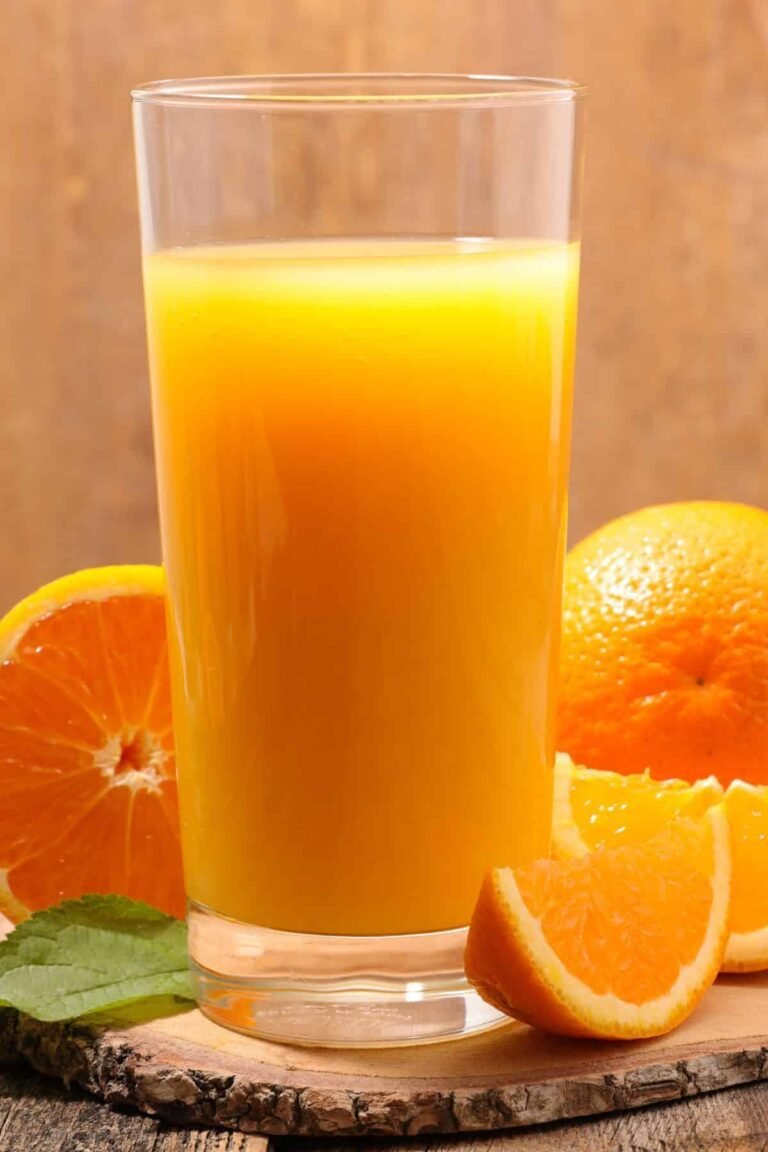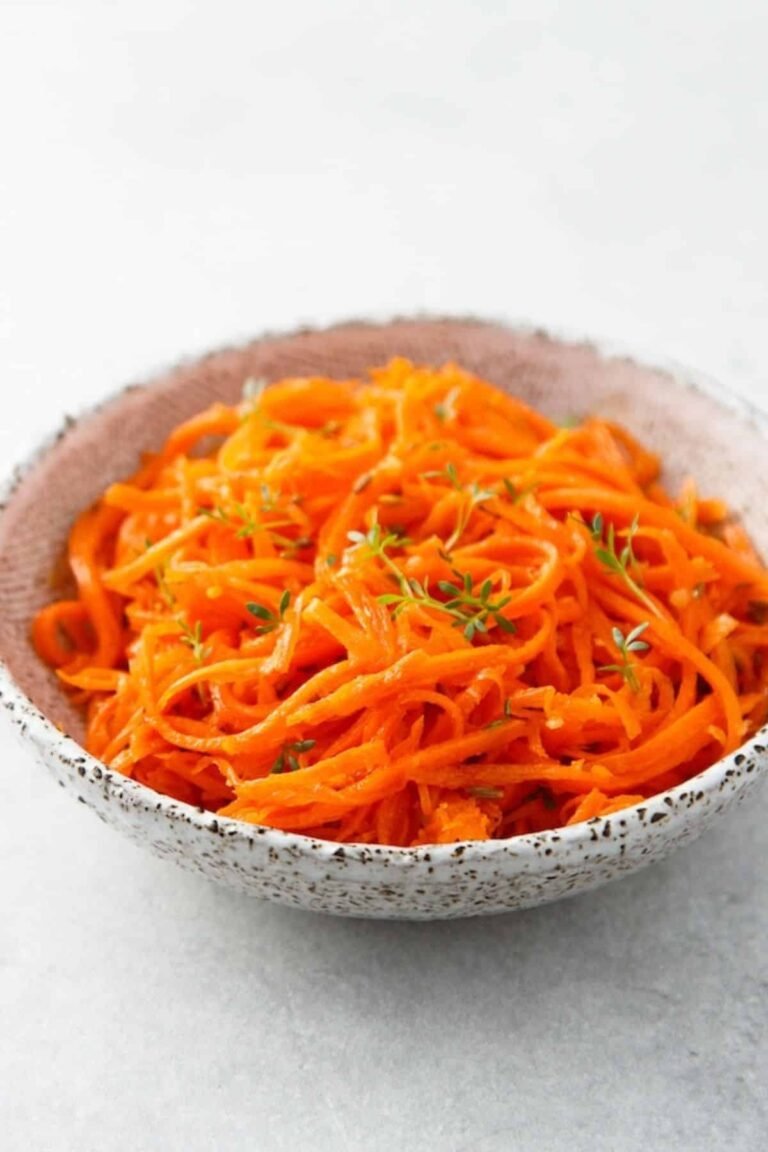Best Natural Sugar Substitutes
Are you looking to cut down on sugar but unsure where to start? With the average American consuming a whopping 25 teaspoons of added sugars per day, it’s no wonder many are seeking alternatives. Excessive sugar intake can lead to various health issues, including inflammation, heart disease, weight gain, and hormonal imbalances. But fear not, there are plenty of natural sugar substitutes available that can satisfy your sweet tooth without the negative consequences. In this guide, we’ll explore the top 10 sugar substitutes and their benefits, so you can make informed choices for a healthier lifestyle.
Erythritol:
Erythritol is a zero-calorie sweetener derived from natural sugar alcohol. It’s ideal for those with diabetes or on a low-sugar diet as it doesn’t raise blood sugar levels. However, some may experience digestive issues, so start with small amounts and opt for organic versions.
Monk Fruit:
This sweetener, derived from a fruit native to China, is perfect for diabetics and keto dieters. It’s much sweeter than sugar, so you need less of it, but be cautious as it can leave an aftertaste.
Stevia:
Stevia, a natural sweetener from the stevia plant, is zero-calorie and won’t spike blood sugar levels. Look for organic, unrefined options to avoid added sugar alcohols.
Xylitol:
Another sugar alcohol, xylitol, is suitable for diabetics and keto dieters. It may even benefit oral health and act as a prebiotic, but be aware of potential digestive issues and opt for organic versions.
Raw Honey:
Rich in nutrients and antioxidants, raw honey is a better alternative to refined sugar. While it does raise blood sugar levels, it does so more slowly and offers additional health benefits.
Yacon Syrup:
Derived from a root vegetable, yacon syrup is low in sugar and glycemic index, making it suitable for diabetics and keto dieters. However, it may cause digestive distress in some individuals.
Dates, Date Sugar, or Date Syrup:
Dates are high in fiber, slowing down blood sugar spikes compared to refined sugar. They’re perfect for sweetening desserts while providing nutrients.
Blackstrap Molasses:
With a significant nutrient profile, blackstrap molasses is a healthier alternative to refined sugar. It’s lower on the glycemic index but still raises blood sugar levels.
Fruit Purees:
Fruit purees, such as bananas or applesauce, offer natural sweetness and moisture to baked goods. They’re high in fiber, making them suitable for diabetics.
Maple Syrup or Coconut Sugar:
Both maple syrup and coconut sugar contain vitamins, minerals, and antioxidants, but they’re still high in calories and sugar. Use them sparingly, especially if you’re watching your carb intake.
Bonus Sugar Substitute: Allulose:
Allulose is a natural sugar found in fruits and vegetables, offering sweetness without the blood sugar spikes or tooth decay. It’s gaining popularity for its unique properties and pleasant taste.
Conclusion:
Reducing sugar intake doesn’t mean sacrificing sweetness. With these natural sugar substitutes, you can enjoy your favorite treats without worrying about the negative health effects of added sugars. Experiment with different options to find what works best for you and consult with your healthcare provider if you have specific dietary concerns.
FAQs:
1. Are natural sugar substitutes safe for diabetics?
Yes, many natural sugar substitutes are suitable for diabetics as they don’t raise blood sugar levels. However, it’s essential to monitor your intake and consult with your healthcare provider.
2. Can I use sugar substitutes for baking?
Absolutely! Many sugar substitutes, like fruit purees or monk fruit, are perfect for baking and can provide sweetness without the added calories.
3. Are there any side effects of using sugar substitutes?
While most natural sugar substitutes are safe for consumption, some individuals may experience digestive issues with sugar alcohols like erythritol or xylitol. It’s best to start with small amounts and monitor how your body reacts






